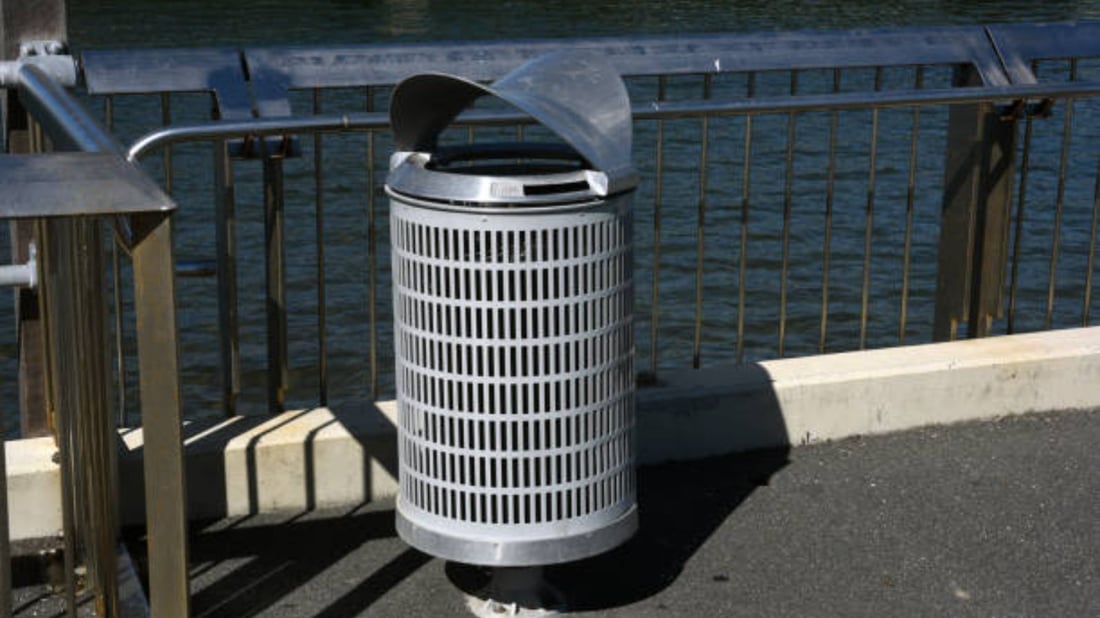Air Filter: Defining Its Function and Importance
Air filters are a crucial component of any heating, ventilation, and air conditioning (HVAC) system. They work by trapping dirt, dust, allergens, and other airborne particles that circulate through your home, ensuring that the air you breathe is clean and healthy. Air filters come in different types and sizes with unique characteristics depending on your HVAC system. In this article, we will discuss what an air filter does and its significance to your home's air quality.
How Does an Air Filter Work?
Air filters operate through mechanical filtration, electrostatic attraction, or a combination of both. Mechanical filters are made of layers of fine mesh material, which traps and holds physical particles. On the other hand, Electrostatic filters work by using static electricity to draw in and trap particles. Regardless of the type of filter used, they all work towards one goal- to purify and regulate the quality of the air you breathe.
Why Do You Need to Replace Air Filters?
Over time, an air filter will accumulate dirt and other particles, causing it to become clogged. A clogged filter can inhibit proper airflow in your HVAC system, causing it to work harder than necessary, leading to inefficient energy use. Replacing air filters regularly ensures that your HVAC works optimally and helps prolong its lifespan by reducing wear and tear on the system.
How Often Should Air Filters be Replaced?
The frequency of air filter replacement varies depending on multiple factors, such as your lifestyle, number of occupants, pets, and the type of filter used. A standard 1-3 inch air filter should be replaced every 90 days, whereas 4-5 inch filters can go up to six months. However, Always refer to the manufacturer's recommendations and seek professional advice from HVAC experts.
What Happens When You Don't Change Air Filters?
Neglecting to change air filters can cause a myriad of problems. When these filters become clogged, your HVAC system works harder than it should, leading to high energy bills, inefficient performance, and wear and tear on the system that could eventually lead to costly repairs or replacement. Also, Dirty air filters can compromise both your HVAC equipment and health, leading to respiratory problems.
What are the Different Types of Air Filters?
Air filters come in an array of types and sizes, each designed for a specific purpose. Common types include fiberglass, pleated, electrostatic, HEPA, and UV air filters. Fiberglass filters are inexpensive, disposable, and capture 10% to 25% of particles. Pleated filters are more efficient than fiberglass filters, capturing up to 45% of airborne particles. Electrostatic filters use static electricity to trap particles, while HEPA filters capture 99.97% of particles, including viruses and bacteria. UV filters use ultraviolet light to kill bacteria, viruses, and other microorganism particles that may be present in the air.
What is MERV Rating?
Minimum Efficiency Reporting Value (MERV) ratings measure the effectiveness of air filters in removing airborne particles. MERV ratings range from 1 to 16, with the higher the rating, the more effective the filter is in trapping particles. Filters with a MERV rating of 14 and above can remove various types of pollutants, including bacteria, viruses, and smoke.
How Can Air Filters Improve Indoor Air quality?
Air filters play a critical role in improving indoor air quality. They work to filter out allergens, dust, and other pollutants that might cause eye irritation, respiratory problems, and other allergies. Investing in good-quality air filters with a high MERV rating goes a long way in ensuring you breathe healthy air.
Where to Get Quality Air Filters?
Air filters are widely available from your local hardware store and online shops. Always ensure that you buy filters that match your HVAC system specifications. Professional HVAC technicians can provide expert guidance for the most suitable filter depending on your system and other factors.
Air Filter Maintenance Tips
Keeping your air filter in top-notch condition requires some tasks like vacuuming the filter’s surface, scheduling periodic cleaning, and always replace it regularly. Also, it's essential to keep the air ducts clean to eliminate dust, mold, and other indoor air pollutants, improving your air quality and ensuring a more efficient HVAC system.
air filter, HVAC system, replace air filters, different types of air filters, MERV rating, indoor air quality
What does an air filter do?? | Importance, Types, and Maintenance.
Learn everything from air filters' function, types, and how to maintain them. An essential guide to understanding the importance of air filters in ensuring optimal indoor air quality.
Quote Inquiry
Contact us!

